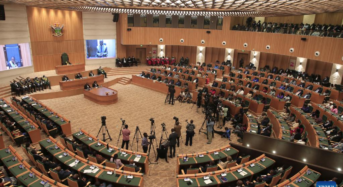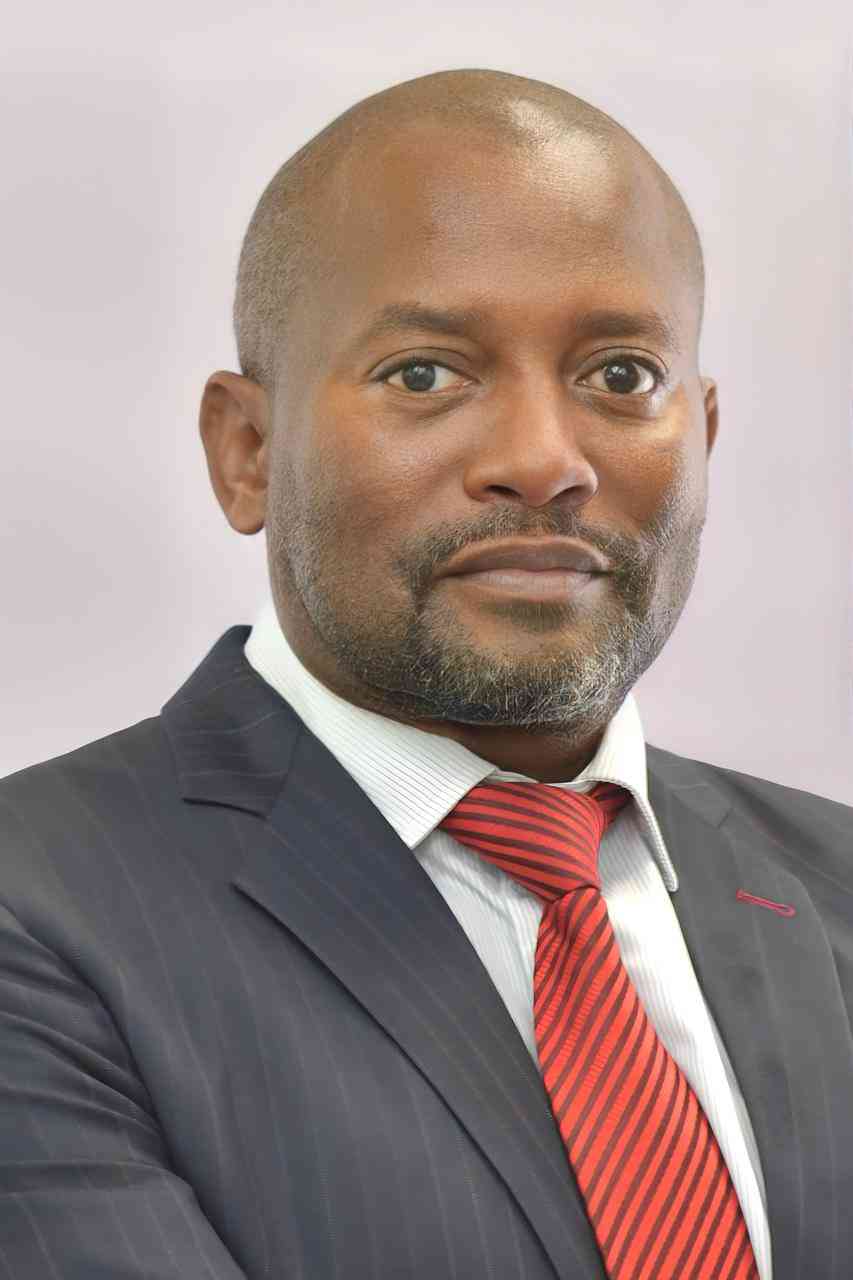
CABINET has approved a proposal by the Small Enterprises Development Corporation (Sedco) to set up a SMEs and co-operatives microfinance bank in a bid to raise funds to recapitalise the enterprise, minister Sithembiso Nyoni said. Report by Gamma Mudarikiri
Sedco is a public enterprise under the Small and Medium Enterprise, Co-operative Development ministry.
Nyoni told NewsDay last week that Cabinet approved a proposal by her ministry to set up a microfinance bank that would draw up savings from the SMEs.
She said the ministry was in negotiations with a private financier to raise funds to recapitalise the ailing State enterprise.
“Cabinet last week approved my ministry’s proposal to set up SMEs and co-operative microfinance bank and we are working on other alternatives to recapitalise Sedco,” Nyoni said.
Sedco needs $30 million to fully recapitalise.
The enterprise is, however, grappling with financial constraints and is currently only capitalised at $5 million.
Nyoni said for the 2012-2013 National Budget Sedco was allocated $7 million, which, however, was not adequate considering the poor financial position of the enterprise.
- Chamisa under fire over US$120K donation
- Mavhunga puts DeMbare into Chibuku quarterfinals
- Pension funds bet on Cabora Bassa oilfields
- Councils defy govt fire tender directive
Keep Reading
Sedco has been ailing from poor financing and this year only received $200 000 from the allocated $3 million by the Treasury.
The enterprise continues to struggle because of a high default rate from SMEs which have failed to finance loans borrowed from the enterprise. The default rate is currently estimated at 20%.
Sedco, early in October this year, announced plans to auction some of its properties surrendered as security in order to raise funds for operations of the ailing enterprise.
As part of the measures to raise capital for the enterprise, the Zimbabwe Stock Exchange last week also announced plans to set up a secondary exchange for SMEs.
SMEs are estimated to contribute close to 60% of employment in Zimbabwe.
Nyoni, speaking at a public lecture at the National University of Science and Technology last week said there was need to reduce the tax band for SMEs as the current is too high for the sector and is suffocating its growth.
She added that her ministry will soon make submissions to Cabinet to address the issue of high taxes charged on SMEs as they were not sustainable.
“We will be making submission to the Cabinet to consider reducing the tax band for SMEs,” Nyoni said.
“The taxes are currently too high and not sustainable for these small businesses.”











